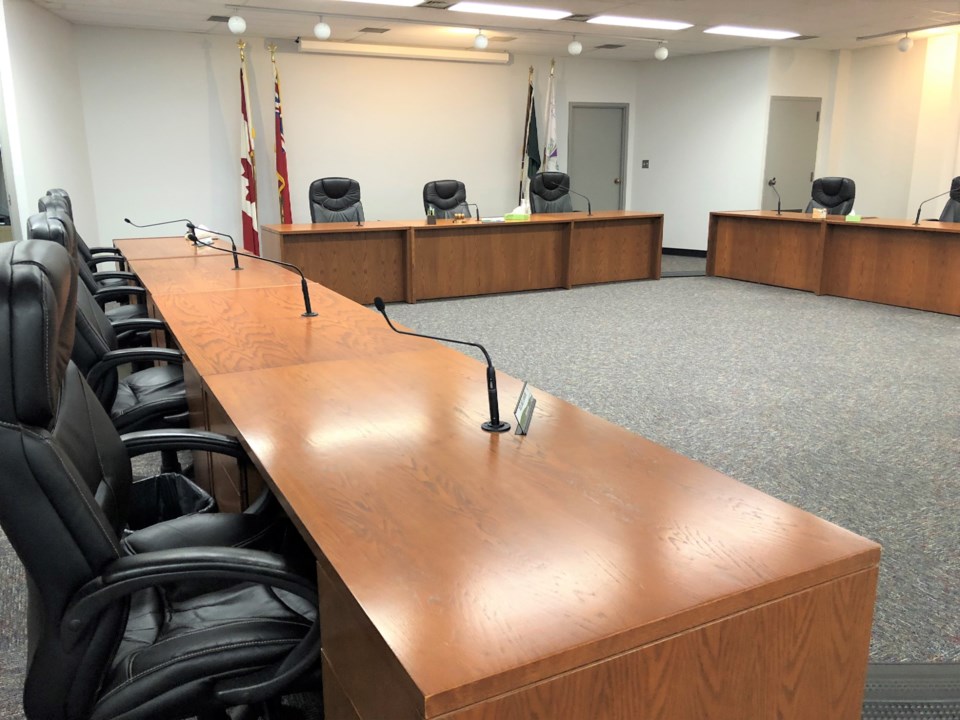Editor's note: Mr. Venne responds to the BayToday story West Nipissing council has first integrity commissioner complaint.
-----
To the editor:
At last week’s West Nipissing council meeting, the public was made aware that our elected leaders are actually not allowed to have an opinion. They in fact don’t have basic freedom of speech. On July 11th, the Integrity Commissioner, Paul Cassan ruled that because Councillor Fern Pellerin simply signed a citizen petition that was challenging a decision made by council, he was guilty of violating the code.
Cassan stated that “whether or not you agreed with that decision or not, “as a member of council, once that decision is made you have an obligation to support and put forward that position.” He went on to explain that in his view “certain rights that members of the public would have with respect to freedom of speech and freedom of opinion are in fact given up by members of council when they assume the role as a councillor.”
This interpretation is inappropriate because it assumes that politicians can never question any decisions that have ever been made by that body. What if a councillor questions a decision that the council made last year? What about a decision that was made 4 years ago? 10 years ago?
This past week a councillor presented a petition that wants to reopen a municipal office in Verner (which was closed a few years ago and decided upon by the council). Should any councillor advocating for this service be penalized? What about Verner’s brown water problem? Council’s approved 2023 budget did not make this issue a priority. So what if a councillor rightfully deems this issue a crisis and voices his or her opinion that these problems should be dealt with? Wouldn’t they be violating the code by speaking against a decision by council (to not prioritize this issue)? This council has passed many motions that are critical of Doug Ford’s provincial legislation over the last few years. Are councillors forbidden from speaking in support of the provincial government?
Under this interpretation, do we assume that elected parliamentarians forgo their right to criticize legislation once the Parliament as a whole has voted on something?
Once Justin Trudeau passes a controversial new law, is Pierre Poilievre forbidden from criticizing or questioning it? If their roles ever change, does Trudeau then forgo his right to oppose the government as well?
Of course not! Because that is why they are elected. To either make decisions or hold the ones who made decisions accountable. That is how our democracy works. If citizens don’t appreciate Pellerin (or any other councillor) questioning council decisions, they can let them know with their voice and/or vote. But in Western democracies, politicians have to question each other. All the time. That is how it works. If you want an example of a government where elected officials cannot question the decisions of the assembly, look at China or Russia.
Rejean Venne,
West Nipissing



